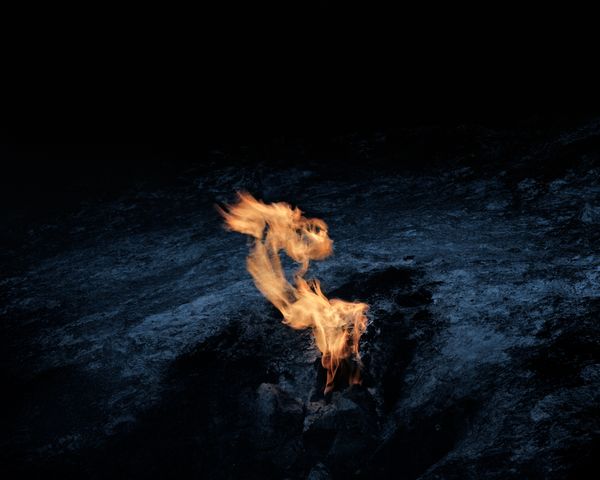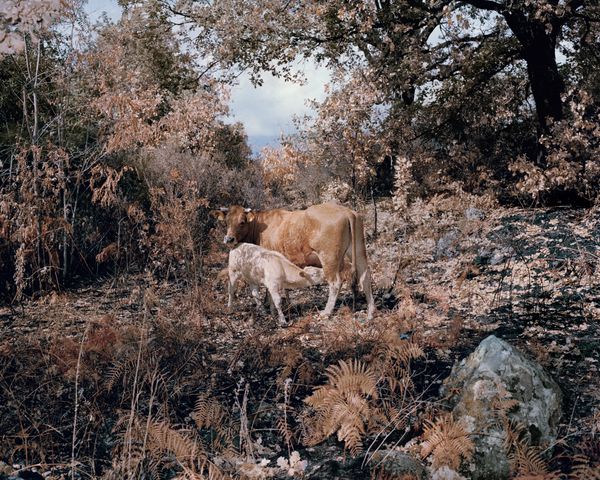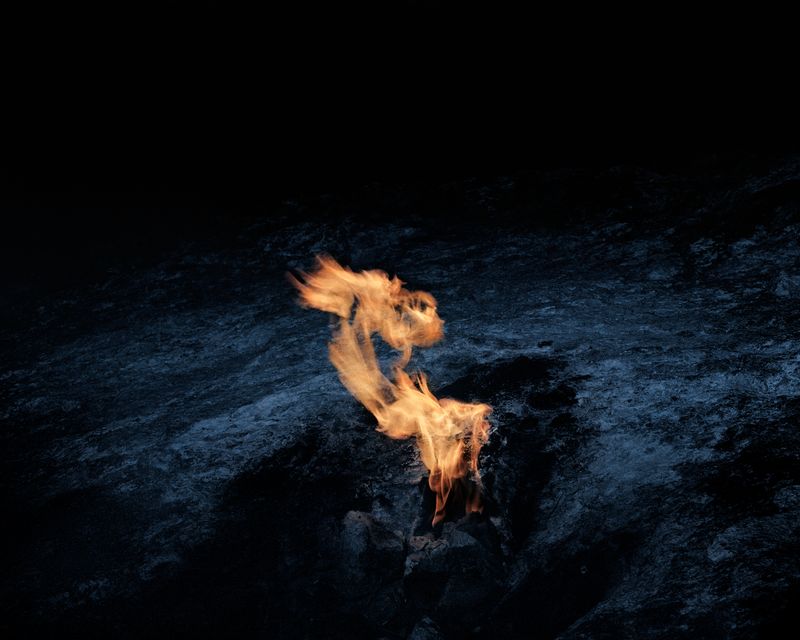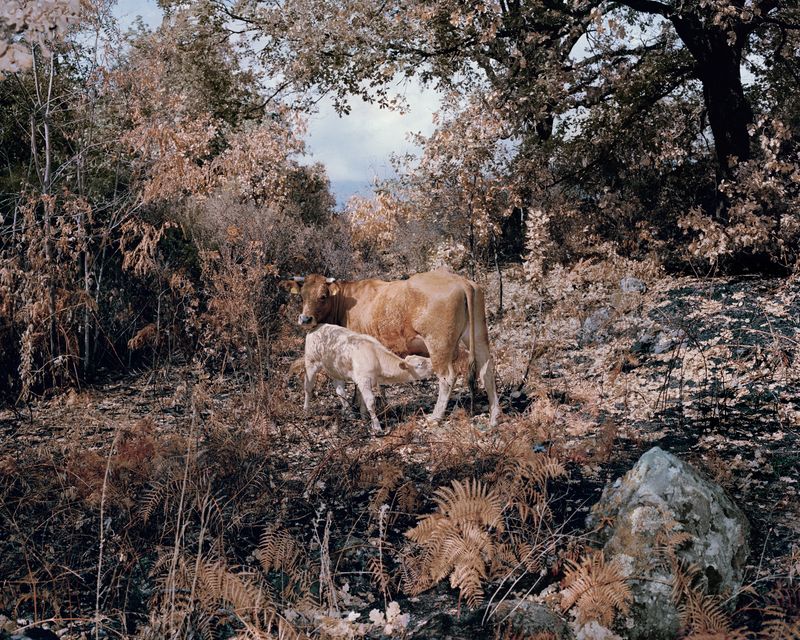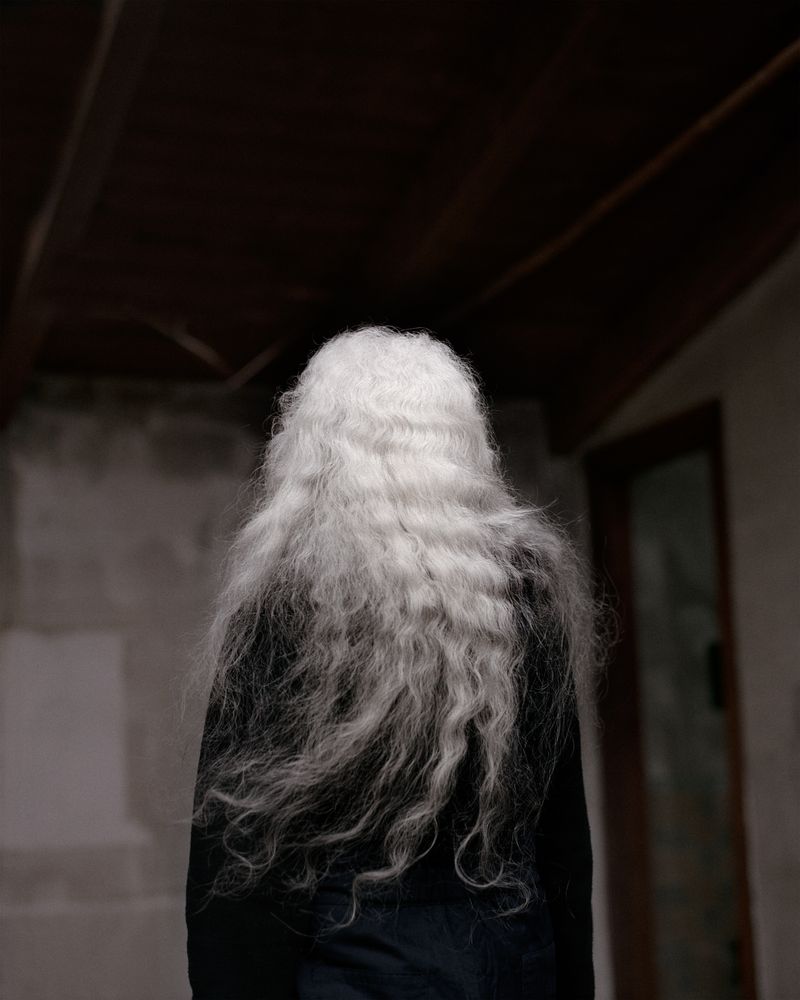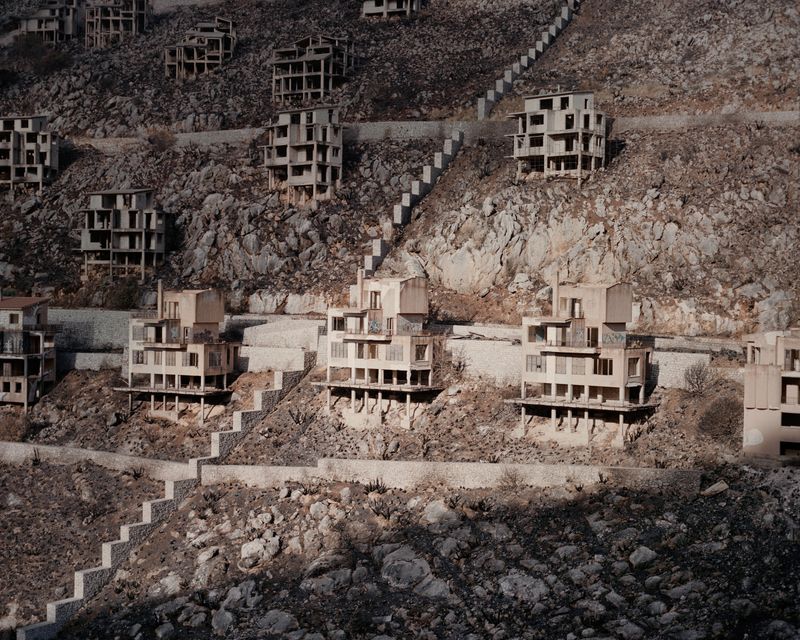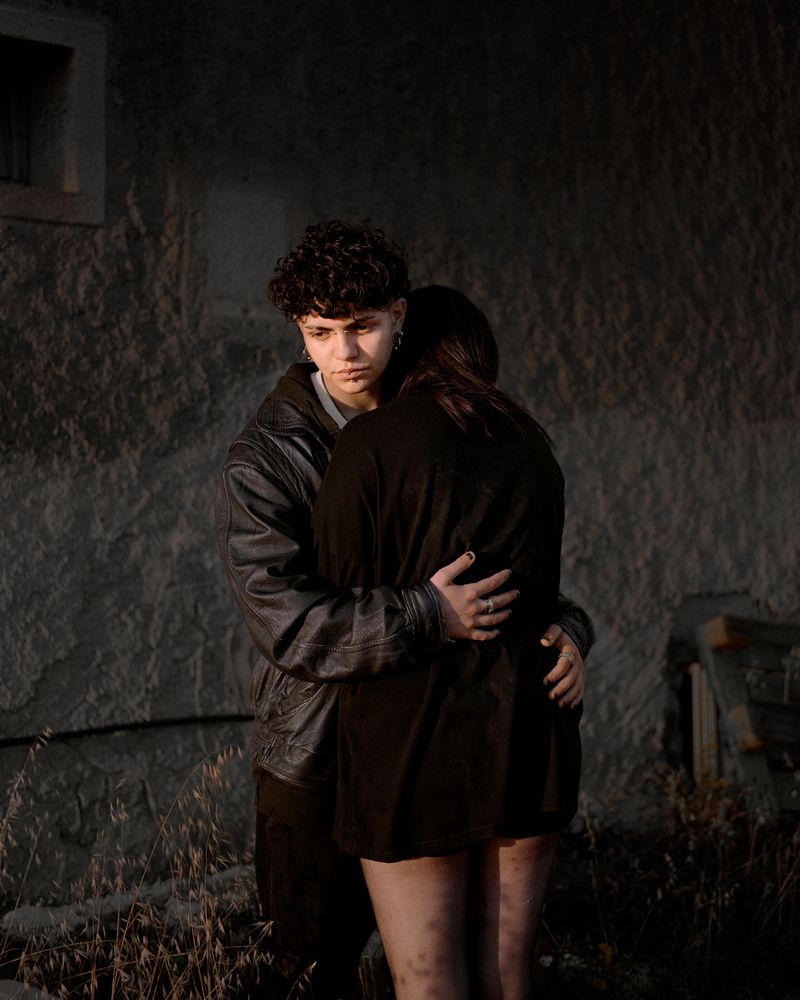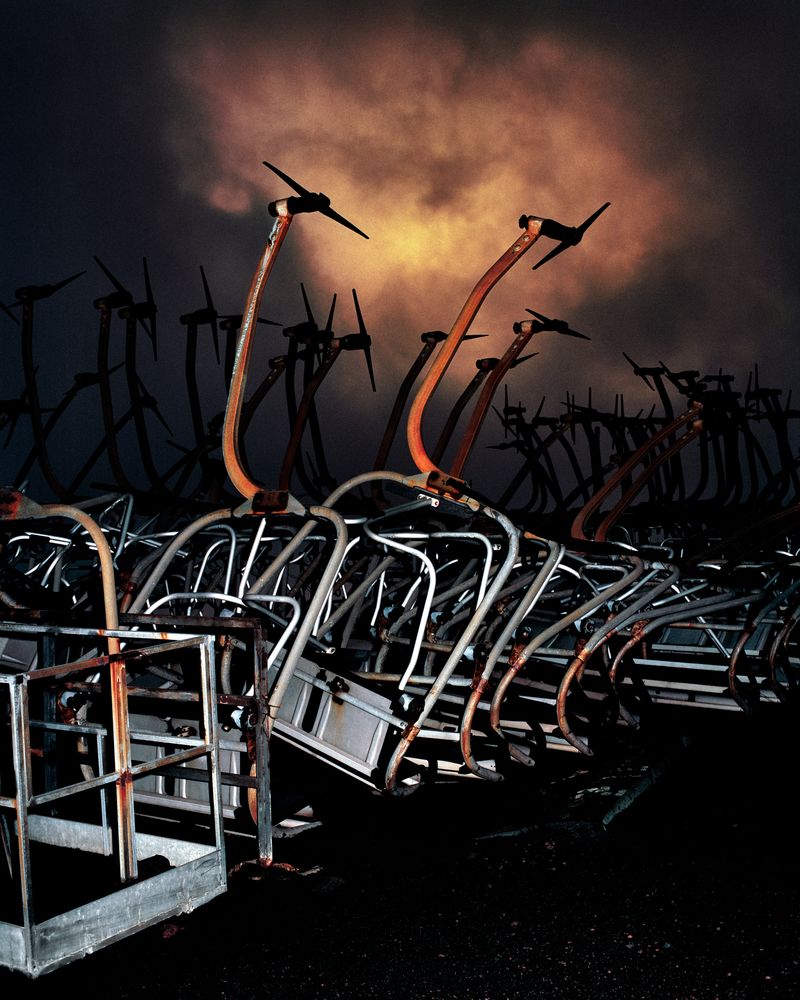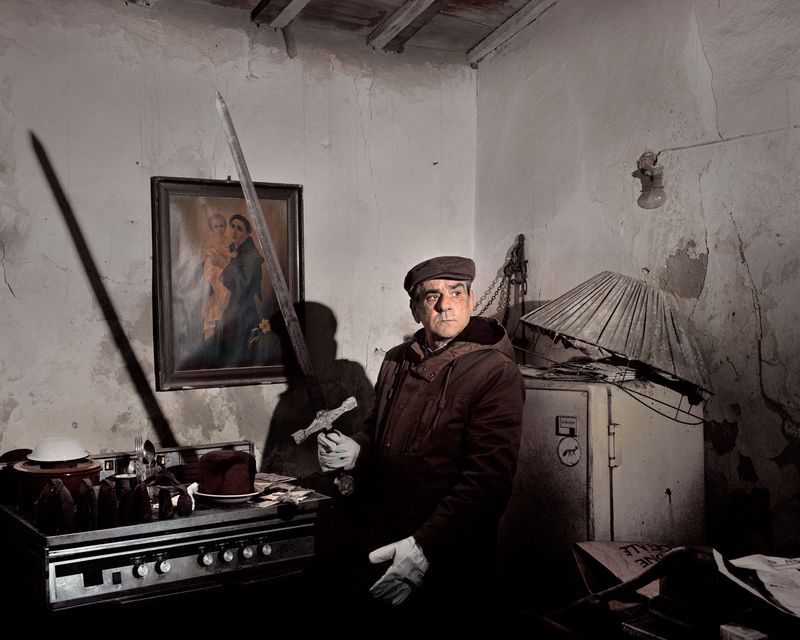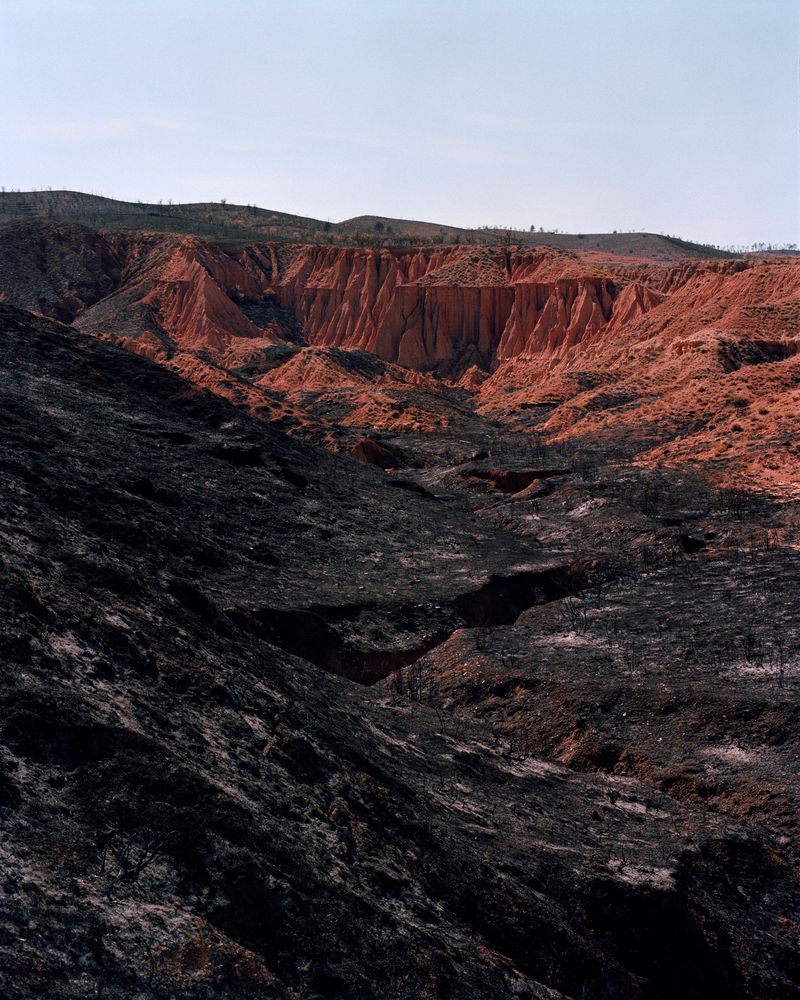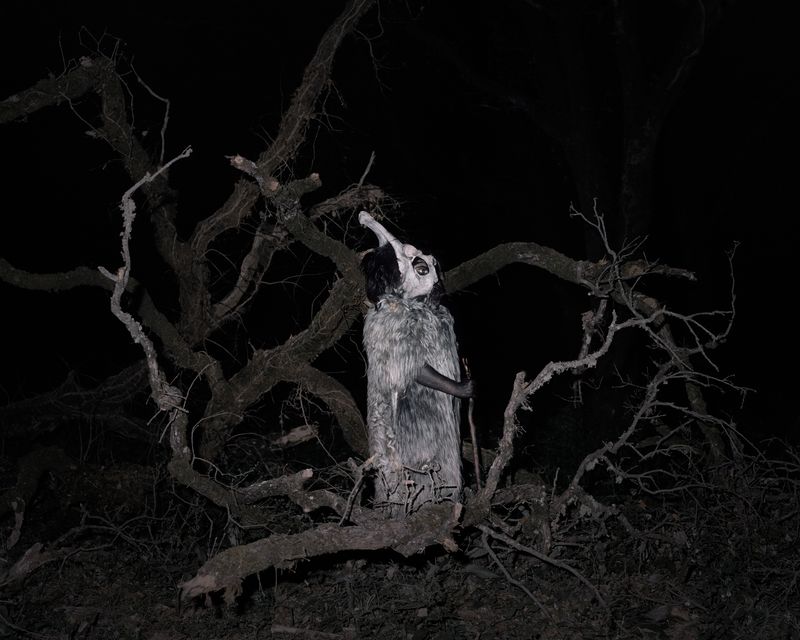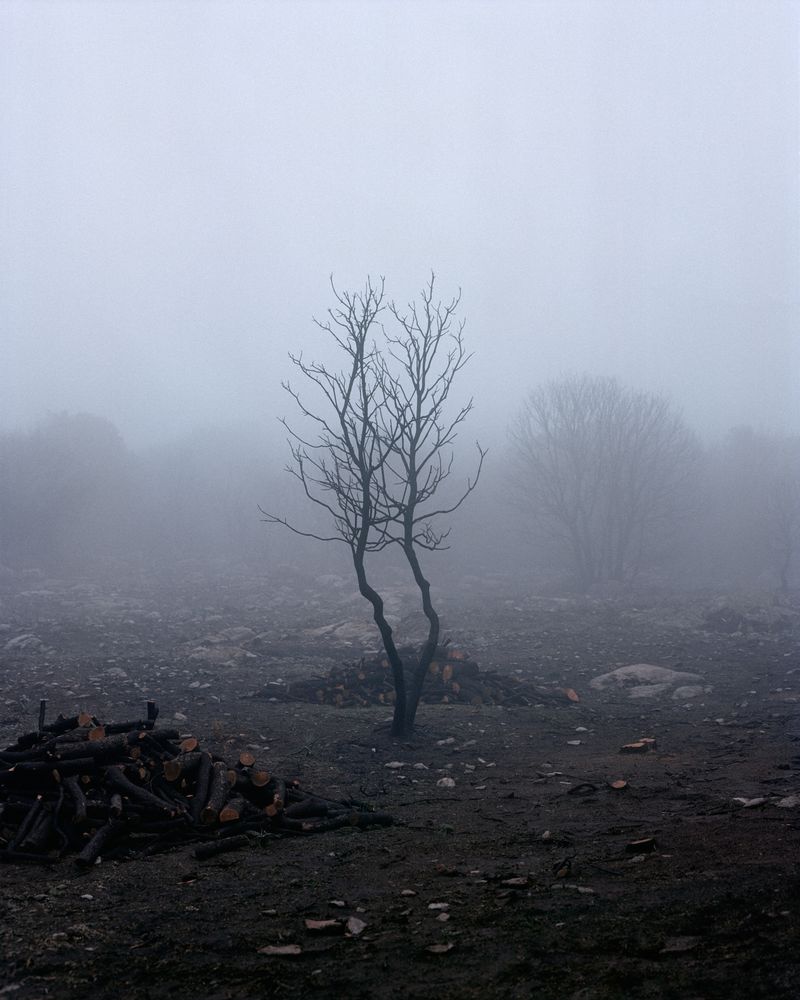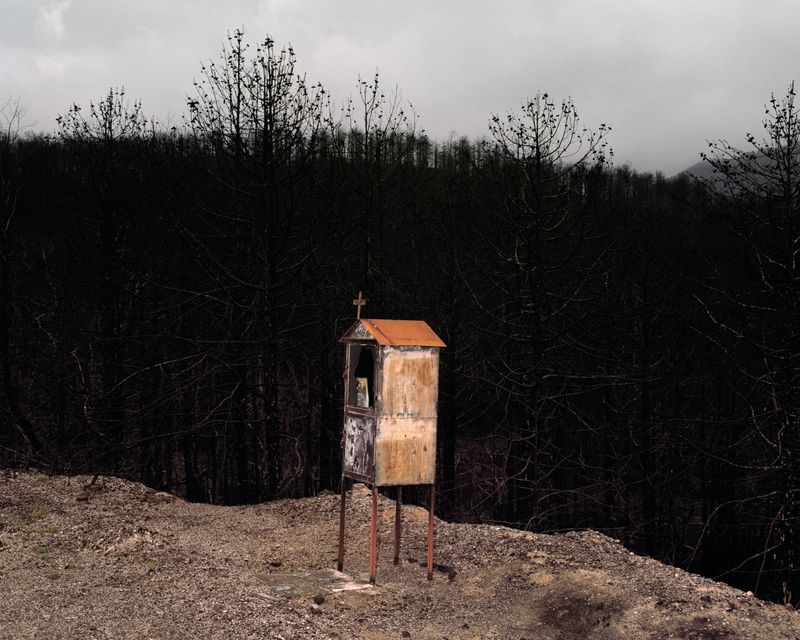Contrapasso
-
Dates2021 - Ongoing
-
Author
-
Recognition
-
Recognition
"And thus, in me one sees the law of counter-penalty" (XXVIII, 142) - From The Divine Comedy by Dante Alighieri.
"And thus, in me one sees the law of counter-penalty" (XXVIII, 142) - From The Divine Comedy by Dante Alighieri.
In 'Inferno', the first part of ‘The Divine Comedy’, the contrapasso represents eternal punishment by a process either resembling or contrasting with the committed sin.
Many of the wildfires in the Mediterranean are man-made; due to real estate speculation, the clearing of land for agriculture as well as other economic reasons. In some areas, where the authority of formal institutions has been eroded, fire is used as a form of vengeance. In other instances, corrupt local politicians set fires to receive funding from the central government and then pocket a portion of this money for themselves. Sometimes fire-fighters light the fires in an attempt to get more job security. Due to the difficulty of investigating the causes of wildfires, people spread rumours and tell tales about them which, in my view, contain biblical and archetypal themes.
In 'Contrapasso' I create an analogy between Dante's Inferno and the wildfires in the mediterranean region and reinterpret them as a divine punishment. In the modern, globalised world the relation between cause and effect is not always clear. It’s becoming more important than ever to think about the way our actions as human beings unleash a vicious cycle of causality, that will eventually come back to plague us.
